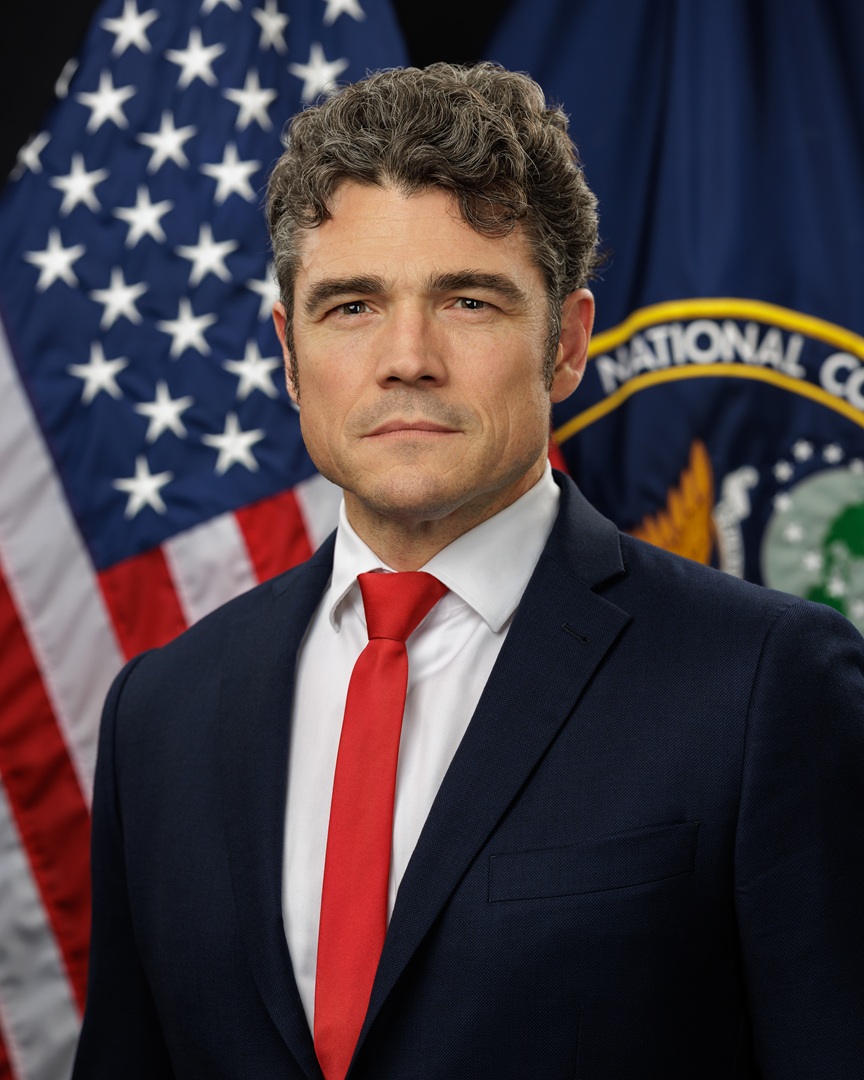Chief Information Officer
IC Technical Specifications
Abstract Data Definition for Electronic Records Management
Overview
The Abstract Data Definition for Electronic Records Management defines common conceptual data elements that support the management of record information. This specification is maintained by the IC Chief Information Officer via the Data Standards Coordination Activity (DSCA) and Common Metadata Standards Tiger Team (CMSTT).
Electronic Data Management (EDM) is necessary to manage information from initial ingest into the Intelligence Community Information Technology Enterprise (IC ITE) through final data disposition, in accordance with legislation such as the Federal Records Act, Freedom of Information Act (FOIA), Privacy Act, and direction from the Executive Branch. This applies to permanent and temporary records. To enable originating IC elements to fulfill records management responsibilities, IC ITE Service Providers shall provide the means to audit, track, manage, and disposition information, using agreed upon metadata tags that can be adapted to changing missions and records management practices. EDM will help automate the sharing, processing, routing, discovery, and controlled access of information. EDM is necessary to enable users to quickly discover information related to FOIA and Privacy Act cases and other specialized legal requests, identify documents for mandatory declassification, and respond to other open government initiatives. Bottom line, IC ITE must provide capabilities to effectively manage electronic information, which President Obama described in Presidential Memo M-12-18 as "the backbone of open Government."
Technical Specification Downloads
Latest Approved Public Release:
Mission Requirements
Electronic Data Management (EDM) is necessary to manage information from initial ingest into the Intelligence Community Information Technology Enterprise (IC ITE) through final data disposition, in accordance with legislation such as the Federal Records Act, Freedom of Information Act (FOIA), Privacy Act, and direction from the Executive Branch. This applies to permanent and temporary records. To enable originating IC elements to fulfill records management responsibilities, IC ITE Service Providers shall provide the means to audit, track, manage, and disposition information, using agreed upon metadata tags that can be adapted to changing missions and records management practices. EDM will help automate the sharing, processing, routing, discovery, and controlled access of information. EDM is necessary to enable users to quickly discover information related to FOIA and Privacy Act cases and other specialized legal requests, identify documents for mandatory declassification, and respond to other open government initiatives. Bottom line, IC ITE must provide capabilities to effectively manage electronic information, which President Obama described in Presidential Memo M-12-18 as "the backbone of open Government."
test
test
 Cyber Security
Cyber Security
The cyber threat is simultaneously a national & homeland security threat and a counterintelligence problem. State and non-state actors use digital technologies to achieve economic and military advantage, foment instability, increase control over content in cyberspace and achieve other strategic goals — often faster than our ability to understand the security implications and neutralize the threat.
NCSC works with the U.S. Government cyber community and the IC, to provide the CI and security perspective on foreign intelligence and other threat actors’ cyber capabilities and provides context and possible attribution of adversarial cyber activities.
Relevant Reports, Briefings & Reading Material:
Provides an indispensable series of basic steps every American can take to safeguard their home networks from cyber intrusions
Ci tips for cyber smarts:
- Spear Phishing and Common Cyber Attacks (PDF)
- Mobile Device Safety (PDF)
- Social Media Safety (PDF)
- Reducing Your Digital Footprint (PDF)
Other Links:
Cyber Threat Intelligence Integration Center (CTIIC)
Joe Kent
Joseph Kent serves as the Director of the National Counterterrorism Center (NCTC). In this role, Kent leads the U.S. counterterrorism and counternarcotics enterprise and serves as the principal counterterrorism advisor to the President.
Kent is an Oregon native and a graduate of Norwich University in Strategic Defense Analysis. He served in the U.S. Army for 20 years, where he completed 11 combat deployments in the Middle East and other high-threat regions. During his time in the Army, he served with the 75th Ranger Regiment, Army Special Forces and U.S. Army Special Operations Command, and received numerous military commendations, including six bronze stars. After retiring from the Army in 2018, he served as a paramilitary officer in the CIA’s Special Activities Center.
Kent and his family have devoted their lives to counterterrorism and keeping the American people safe. In 2019, his wife, Navy Senior Chief Petty Officer Shannon Kent, was killed in a suicide bombing while serving in Syria. It is her legacy and sprit, along with countless other men and women who we have lost in the war on terror that drives the mission at NCTC.
As Director of NCTC, Kent is working to refocus counterterrorism efforts to protect the American people and our servicemembers, at home and abroad, against our most pressing terrorist threats. His experience at the tip of the spear—in some of the world’s most dangerous places—has given him a deep, practical understanding of the threats we face and how to defeat them. Using a whole-of-government approach to carry out President Trump’s border security mandate and protect the safety and security of the American people against new and emerging threats, Kent is leading the next generation in the fight against terrorism.
Currently, he lives with his wife Heather, who is a veteran of Iraq and Afghanistan, and their two sons.





